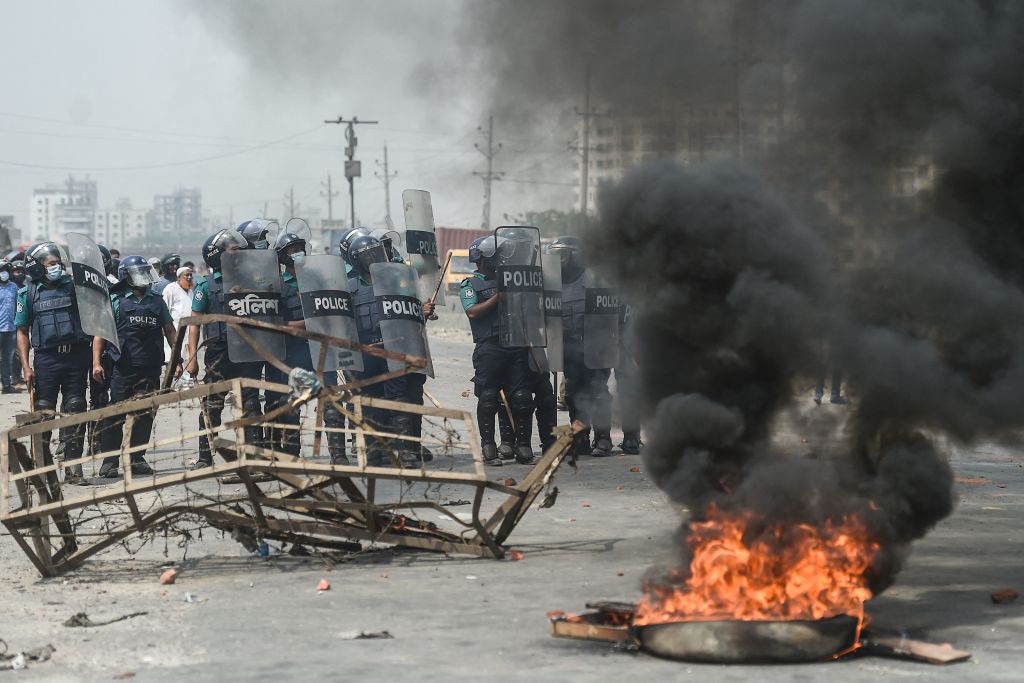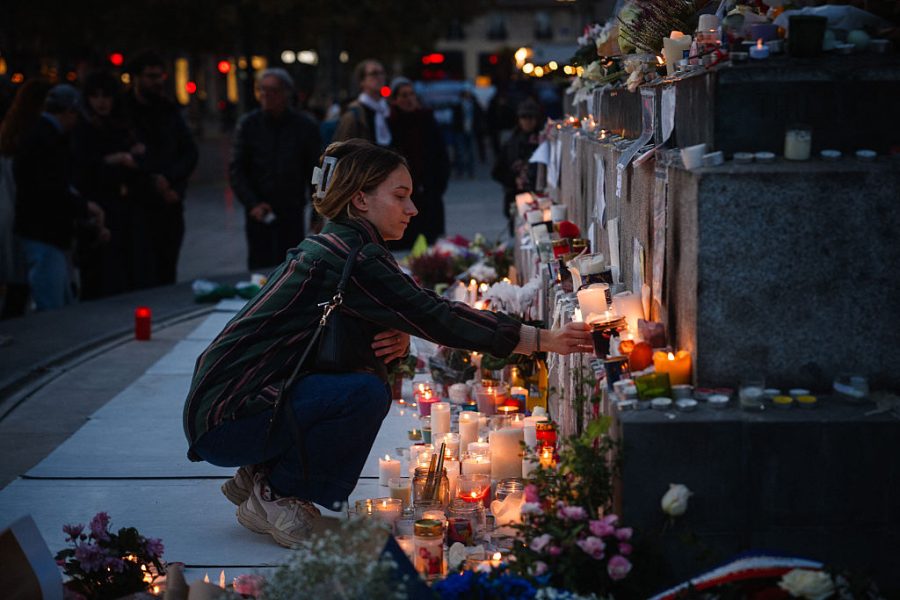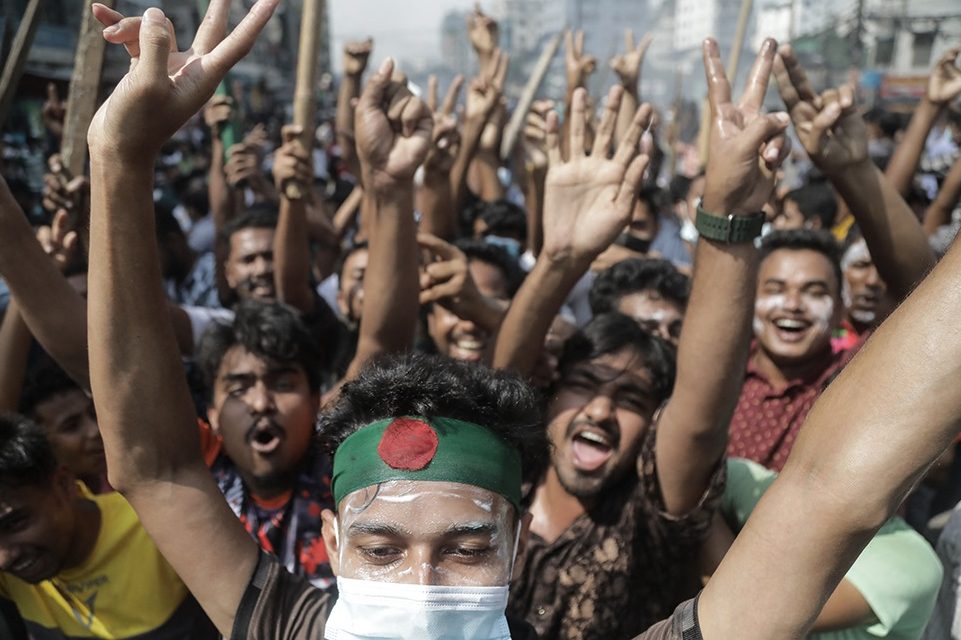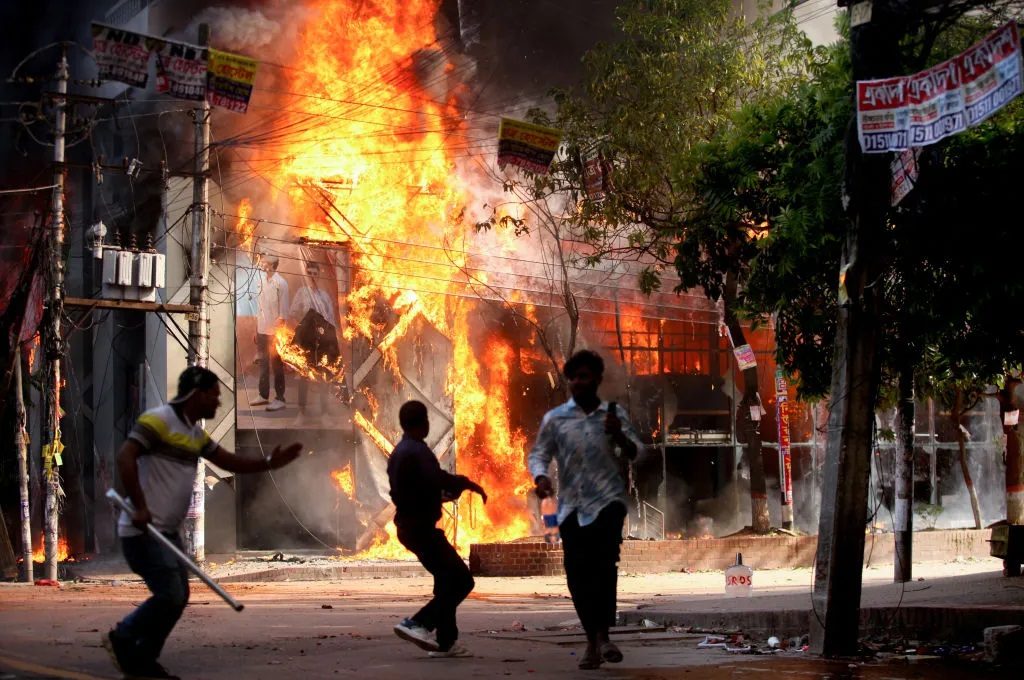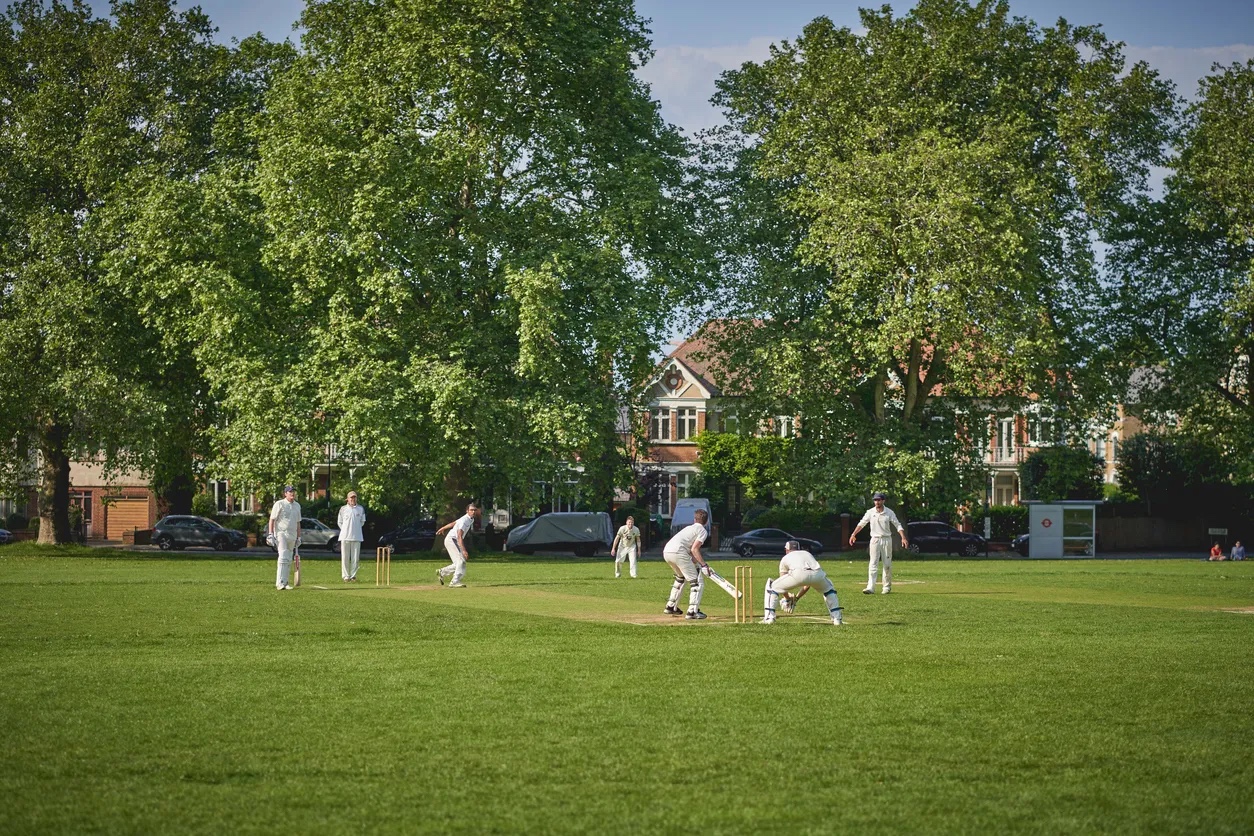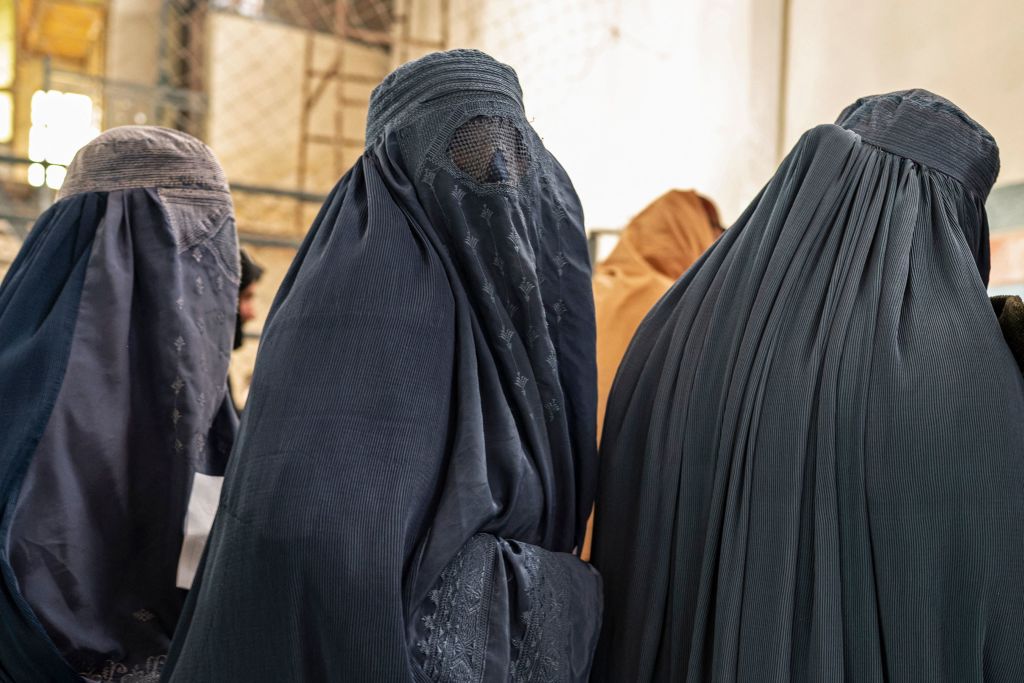Bangladesh turned 50 last week and the country has much to celebrate. Having inherited a dismal GDP growth rate of -14 at its birth in 1971, Bangladesh’s most recent figures for the growth in the size of its economy (7.8 percent) edged out India (6.1 percent) and comfortably outdid Pakistan (5.8 percent). Bangladesh overtook India in per capita income last year. And of the 14 World Development Indicators measured by the World Bank — including fertility rate and life expectancy — Bangladesh is faring better than Pakistan in all but one (air pollution) and outranking India in seven. The country’s life expectancy average of 72.3 is ahead of the two South Asian nuclear powers; and poverty rates have also tumbled dramatically since the country’s inception.
These are remarkable statistics for a country born out of colossal suffering. But the government’s refusal to crack down on an Islamist threat could mean that trouble lies ahead.
Bangladesh is certainly no stranger to violence. Created after 24 years of political, economic, linguistic and ethnic marginalization, the newly-born state endured some of the goriest post World War Two violence. Three million were killed during a genocide in which over 200,000 women were raped at the hands of the Pakistan Army and mercenaries. Some 10 million people fled.
In the years since, and against the odds, Bangladesh has prospered. And while Pakistan has remained fixated with India, Bangladesh hasn’t manifested a similar obsession vis-à-vis Pakistan, despite having borne unspeakable atrocities. A profound ethos, however, centers around the gory events of 1971, as commemorated by the annual Bangladesh Genocide Memorial Day on March 25. And in the remembrance of Bangladesh’s liberation, amid gruesome crimes against humanity, lies lessons to consolidate the remarkable gains of the past 50 years.
The 1,400 miles separating the eastern and western wings of the united Pakistan notwithstanding, what actually separated the two were the contrasting visions for nationhood. Where Pakistan enforced Urdu and Islam to fabricate a nation, the Bengalis had a centuries-old identity which, unlike the Punjabis in the western wing, they weren’t willing to forego. That Bengali identity, forming the basis of Bangladesh as a separate nation, rooted in millennia of Indic pluralism and religious coexistence, continues to be attacked by the perpetrators and collaborators of the 1971 genocide.
Despite abetting Pakistan army’s abuses, Islamist groups like Jamaat-e-Islami (JI) — or, at least, its successor — has continued to thrive in Bangladesh. The Gulf oil boom and the Saudi proliferation of madrassas in the 1970s provided a new lease of life for Islamists. By early 1980s, the JI had aligned with military leader Ziaur Rahman’s Bangladesh Nationalist Party (BNP).
In 2009, Sheikh Hasina’s government formed an International Crimes Tribunal to try the 1971 war criminals, many of whom were affiliated with the JI. Death sentences for JI leaders between 2012 and 2014 sparked outrage from Islamist groups in Bangladesh, and even in Pakistan, including from the now prime minister Imran Khan.
In retaliation, Islamist groups took aim at Bangladesh’s pluralistic core. A surge in the killings of secular and atheist bloggers was seen after a hit-list of 84 targets was widely circulated in 2013. Hefazat-e-Islam (HI) also announced a 13-point charter demanding the death penalty for blasphemy, excommunication of Ahmadis and a crackdown on ‘foreign culture’. The growing space for Islamist groups in the country allowed global jihadist outfits such as Isis and al-Qaeda, along with their affiliates, to penetrate Bangladesh.
Faced with a rise in radical Islam, Sheikh Hasina’s officially secular Awami League has reacted with appeasement. Where the JI has long allied with the BNP, the HI has enjoyed the AL’s blessings as Hasina’s stratagem for maintaining presence in the Islamist realms. Under HI pressure, much of secular literature in school curricula has been replaced with Islamic teachings. Instead of supporting secular thinkers, the government has been arresting bloggers for ‘offending Islam’.
But Hasani’s apparent willingness to mollycoddle Islamists looks set to backfire, not only on her but on the successes and foundations of Bangladesh. After agreeing to a demand to remove the statue of a woman outside the Supreme Court in 2017 for being ‘against Islamic teachings’, Hasina is now being pushed to take down the sculptures of Sheikh Mujibur Rehman, her father and Bangladesh’s founder. After cracking down on blasphemy against Islam, Hasina has also now emboldened HI and other Islamist groups to dictate domestic and foreign policy over satirical caricatures on Islam being published in France.
While Bangladesh was commemorating its 50th anniversary this week, Islamist groups were targeting the Hindu minority, vandalizing temples and ransacking property, ostensibly as a protest against Narendra Modi. The ugly scenes, and the institutionalized persecution of Hindus in Bangladesh, bear a worrying resemblance to the Islamist violence which saw Hindus targeted in 1971.
The truth is that for all Bangladesh’s success, its rulers risk playing with fire in their refusal to stamp down on Islamists. To truly retrace its secular and pluralistic ethos Bangladesh must keep these forces at bay. Bangladesh’s prosperity and the country’s future depends on it.
This article was originally published on The Spectator’s UK website.



